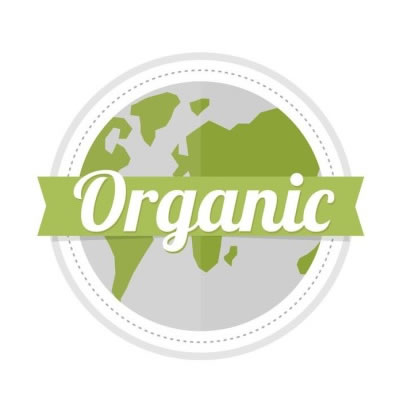Organic Baking

Organic is a term used to describe foods grown without aid of genetic engineering or synthetic assistance, such as pesticides or fertilizers, and is void of further chemical processing and additives. For fruits and vegetables to be considered truly organic, the soil must not include chemical fertilizers or pesticides, and refrain from spraying protectant after growth, even to prevent spoilage.
The final product must be as naturally derived as possible. In the food industry, for other items such as granola bars, cereals, breads, or any other product with multiple ingredients, the sum of the product must be 95% entirely organic with only 5% inorganic ingredients.
Certifying and labeling organic products follows very strict, unwavering guidelines. For a product to be considered certified organic, the product must not be produced using genetic engineering, irradiation, and must be comprised solely of ingredients included on the National List of Allowed and Prohibited Substances, and lastly, production must be overseen by the United States Department of Agriculture National Organic Program. Certified organic products can fall under a variety of organic labeling categories including “100% Organic”, “Organic”, and “Made with Organic”.
To be considered 100% Organic, the product must be certified organic including processing aids being completely organic, and labeling must include information on the certifying agent on the information panel. To be considered “organic” the product must be 95% certified organic ingredients with non-organic ingredients included up to 5%, and once again the certifying agent must be included in labeling. “Made with Organic” labeled products must include 70% certified organic material, with remaining material not necessarily organically produced yet still not produced via excluded methods, products must be approved on the national list, and again the certifying agent has to be included in labeling.

